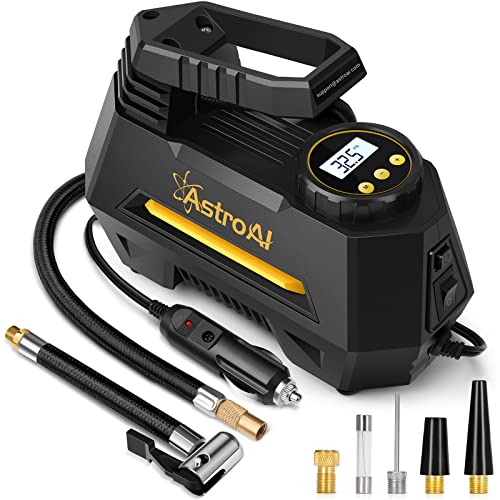
Clogged or broken air dryer drain An air dryer reduces the amount of moisture in compressed air. Condensate separators overflowing Condensate is a by-product of air compressor operation containing water and trace amounts of oil. Low compressor oil levels quickly lead to overheating Compressors pass trace amounts of oil during operation.
Obstructions within the air compressor’s components will affect pressure levels in the air compressor. Grinding noise in your air compressor could be a sign of poor lubrication in the air compressor. An air compressor technician can help you choose vents that handle your air compressor’s workload. Apart from the vents, consider running your air compressor in a properly ventilated space.
If the air compressor is in a warm area, the machine is liable to have more difficulty adjusting the incoming air to desired levels of coolness. If the interior process becomes clogged in vital areas, the air compressor must exert more energy just to get air from the compression chamber and off to the hoses that connect to assorted pneumatic tools. If your operations have demanded increased amounts of air power since the time that you first bought the machine, consider updating your air compressor with more optimal components.
During winter’s cold streaks and summer’s heat waves, we field a lot of emergency calls about an air compressor’s temperature range. Here’s a guide to understanding your air compressor’s temperature range and some tips on how to keep it running efficiently in various temperatures. If your air compressor hits a temperature above its ideal temperature range, it’s at risk for overheating.
This heat can be felt at the copper line that connects these two items together, as well as in the motor, and compressor head. It is normal for parts of the air compressor to get hot sometimes, especially if you are running the compressor for an extended period or if it is particularly hot outside. As we mentioned earlier, if your air compressor doesn’t surpass its allotted ‘duty cycle’ and the heat you’re experiencing isn’t excessive, then your air compressor is likely not overheating. If the room the air compressor is stored in has poor ventilation or zero air circulation, the air compressor will be affected.
It is absolutely necessary to have a good running temp. Where air output temp can reach around six hundred degrees. You really can get too big a compressor, and short run times equal low temps equal condensation in the block, now you got water in the oil.
The root of the vibration can stem from multiple sources, some internally and others externally. Understanding the cause of the vibration and how to resolve them will be critical in keeping your compressor in proper working order.
My old Monkey Wards 2 piston, single stage, 6 gallon, 1 hp,120V air compressor runs as hot as 180 degrees on the cylinder headwhen I’m using it a lot. Since you want to get all techy on me………When the outlet valveof the compressor closes the intake valve opens and brings in cool air that also helps cool the cylinder, along with the cooling fins. A single stage air compressor can easily get hot enough to cause a 2nd degree level burn on the skin.
undefined

